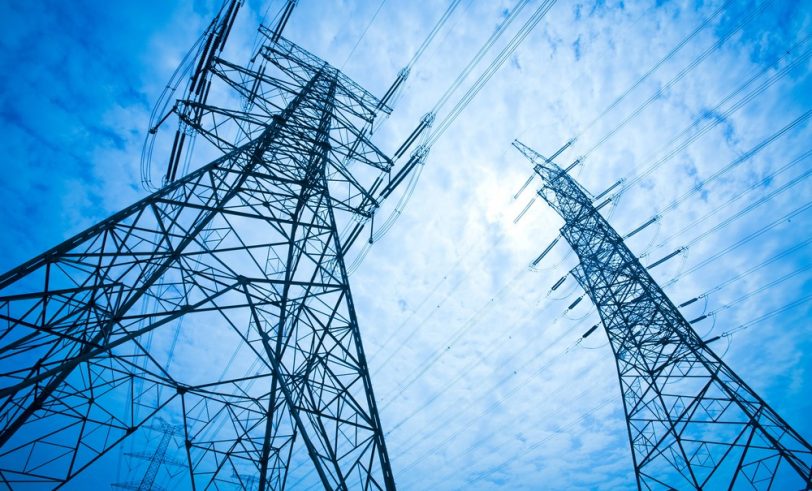Missouri’s report card for electric competition is in, and it’s not good. According to a new study from the University of Texas, Missouri received a D for competitiveness in electricity markets, which is not surprising considering lawmakers have barely tried to incorporate competition. Missouri policymakers ought to take note, as Missourians have seen the fourth-fastest electricity price increases nationwide since 2008.
The study grades each state from A through F on several factors relating to electricity market design and competition. On most of the important criteria in the study, Missouri gets few of the answers right. For example, while some Missouri utilities do participate in wholesale electricity markets, where grid operators select the lowest-cost electricity to meet demand, in no part of Missouri do customers get to choose their electric service from among competing providers. Moreover, monopoly utilities are not required to submit requests for proposals to find the lowest-cost new generation portfolio. Monopolies utilities can simply build the generation portfolio themselves, potentially at higher cost. This lack of a competitive market means that hardly any power plants in Missouri are owned and operated by non-monopoly utilities.
Not having a competitive market comes with its costs, and lately Missourians have been paying the price. For instance, customers of states that allow them to choose from competing retail electric service providers have seen their prices decrease 17 percent since 2008, whereas the average Missourian has seen his prices increase 17 percent during the same time period. Additionally, flexibility in choosing electric service providers appeals to businesses, as they can negotiate their own contracts and pursue their own electric generation goals.
If lawmakers want to reverse rising electricity prices in our state and create a more competitive and business-friendly environment, they don’t have to look far. Illinois received the second-highest grade in this study and has competitively structured electricity markets. As a result, its prices have decreased 13 percent since 2008. Based on these facts, shouldn’t lawmakers consider allowing greater competition in Missouri’s electricity markets?


